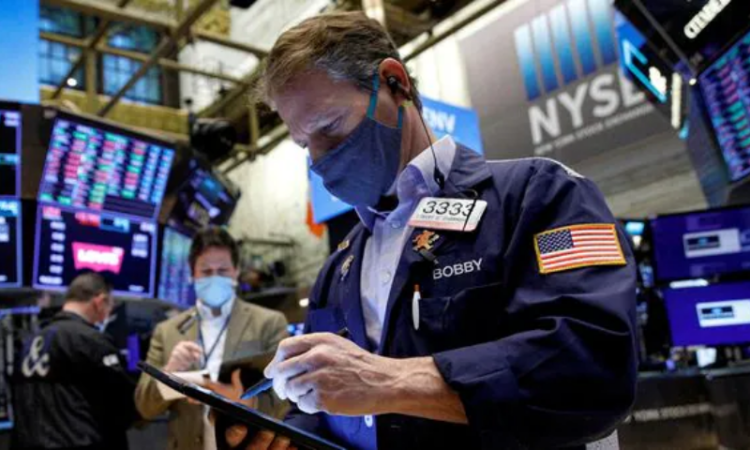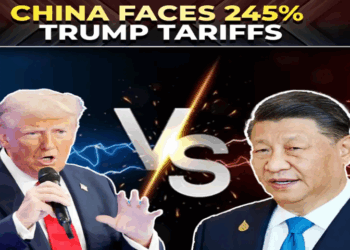Washington, February 3, 2025: U.S. stocks hit their lowest point since Donald Trump took office, and global markets tumbled after he announced tariffs on Canada, Mexico, and China. Trump also threatened to expand tariffs to the European Union, prompting strong reactions from world leaders.
The S&P 500 opened down 1.7%, following significant losses across Asian and European markets amid fears of a trade war. Trump argued that the tariffs, set to take effect on Tuesday, might cause short-term pain but were necessary to address what he called unfair trade practices.
Speaking in Washington, Trump indicated that the European Union could be next, accusing them of not buying enough U.S. goods. In response, EU leaders called for calm but signaled readiness to retaliate. French President Macron warned of a strong response, and German Chancellor Scholz stressed the importance of finding a trade agreement.
Trump also suggested that Britain, no longer part of the EU, could be exempt from the tariffs. Despite the potential for conflict, he expressed a preference for negotiations rather than escalation.
Financial markets reflected the uncertainty. The DAX, CAC, and FTSE 100 all dropped by over 1%, while currencies like the Chinese yuan, Canadian dollar, and Mexican peso fell against the U.S. dollar. U.S. oil prices rose due to Canada and Mexico’s roles as top oil suppliers.
Economists warn that Trump’s tariffs could slow global growth, increase prices for U.S. consumers, and push Canada and Mexico into recessions. Analysts also highlighted potential job losses in the auto industry, with major carmakers like Ford, GM, Volkswagen, and BMW seeing shares decline.
While the U.S. has imposed tariffs to curb immigration and narcotics trafficking, analysts predict these actions could result in stagflation at home and a slowdown in the global economy.








